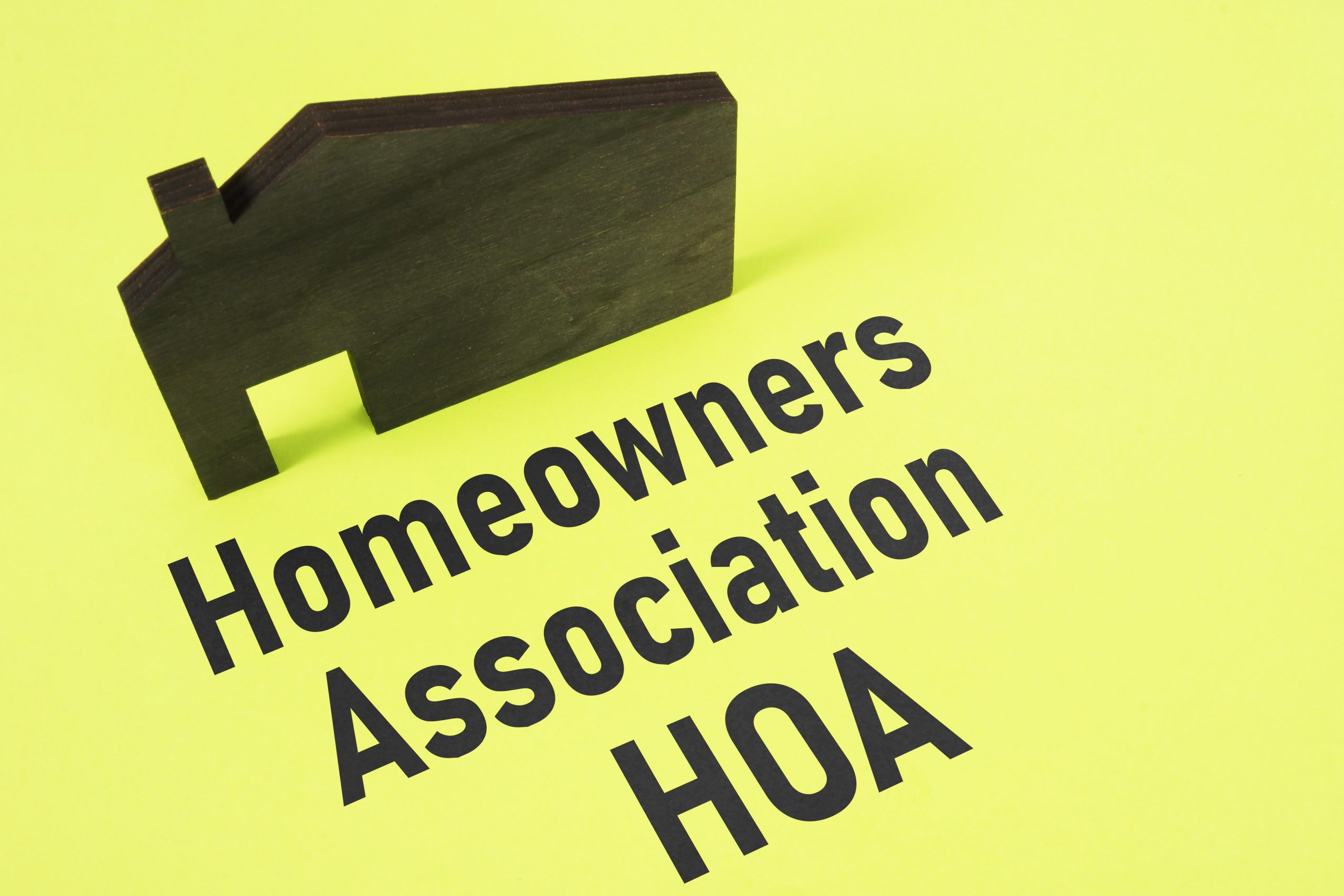The Davis-Stirling Common Interest Development Act (“Davis-Stirling Act”) is the primary body of law governing condominium projects and homeowners associations (“HOAs”) in California. The Davis-Stirling Act generally provides for election of the HOA board of directors by secret ballot. A change to the Davis-Stirling Act became effective in 2022 that authorizes the HOA board of directors to be elected by acclamation rather than through a typical balloting process.
Assembly Bill 502 allows for election of directors by acclamation for uncontested elections where there are the same number of candidates running for election as there are open director seats. This means the HOA can save the considerable time and expense of the balloting process when the election is uncontested and all nominees will be elected anyway. The following conditions contained in Civil Code Section 5103 must be satisfied for an election by acclamation to be available.
- The HOA must have held a regular election for directors in the last three years.
- The HOA must provide individual notice to the members of the election and procedures for nominating candidates at least 90 days before the deadline for submitting nominations. The notice must include the following:
- The number of board positions that will be filled at the election;
- The deadline for submitting nominations;
- The manner in which nominations can be submitted; and
- A statement informing members that if, at the close of the time period for making nominations, there are the same number or fewer qualified candidates as there are board positions to be filled, then the board of directors may, after voting to do so, seat the qualified candidates by acclamation without balloting.
- For a member who submits a nomination for a director position, the HOA must acknowledge receipt of the nomination within 7 business days. The HOA must also notify the nominee within 7 business days as to whether the nominee is qualified to be a candidate and, if not, the reason for the disqualification and the procedure to appeal the decision.
- The HOA must then provide a reminder notice of the election and procedures between 7 and 30 days before the deadline for submitting nominations. Such notice must contain the same information as the previous notice, and a list of the names of all of the qualified candidates to fill the board positions as of the date of the reminder notice.
- After the above has all been completed as required, the HOA board must then vote to consider the qualified candidates elected by acclamation at a meeting for which the posted agenda item includes the name of each qualified candidate that will be seated by acclamation if the item is approved.
These changes should be welcomed by many HOAs around the state. Elections requiring a vote by secret ballot can be a significant procedural burden to HOA administration. It is common for many associations, especially small associations, to maintain the same board members for multiple consecutive years. The changes referenced above will at least make it easier to reelect a standing board where no other owners have indicated an interest in joining the Board.
Authored by Reuben, Junius & Rose, LLP Attorney Jay Drake.
The issues discussed in this update are not intended to be legal advice and no attorney-client relationship is established with the recipient. Readers should consult with legal counsel before relying on any of the information contained herein. Reuben, Junius & Rose, LLP is a full service real estate law firm. We specialize in land use, development and entitlement law. We also provide a wide range of transactional services, including leasing, acquisitions and sales, formation of limited liability companies and other entities, lending/workout assistance, subdivision and condominium work.



